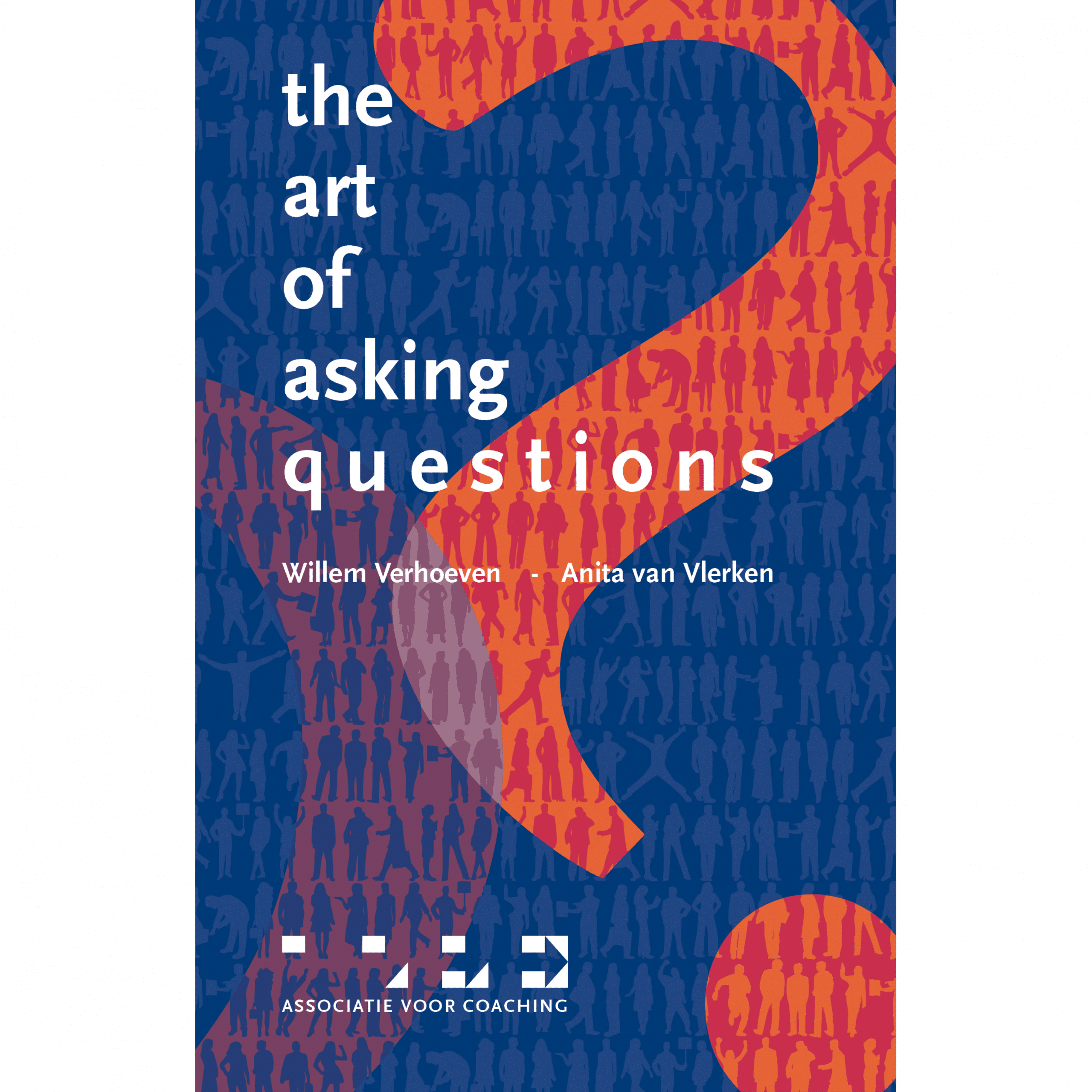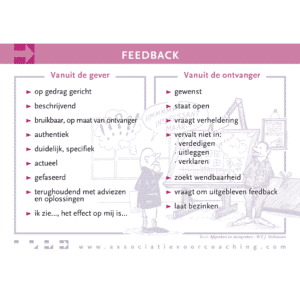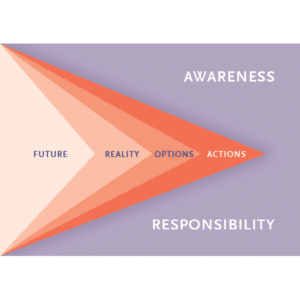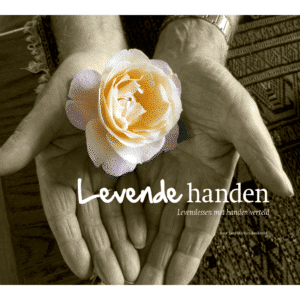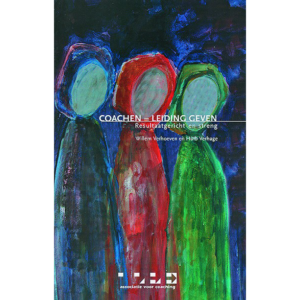We live in a world where answers are favored over questions. We prefer not to be left with questions because we don’t want to be viewed as being hesitant and having qualms. We want answers because they provide security, even if it’s a false sense of security.
Answers finalize, they end processes, they round off actions, they halt matters. Questions however, focus attention, mobilize energy, encourage action and set things in motion.
In order to promote processes of self-steering, the art of asking questions is the most important skill for a coach. For the most part employees ask the questions and managers provide the answers. In coaching these roles are reversed. It’s not so much the coach who’s working hard, as the person being coached. The coach asks the questions and is then able to remain silent and keep in check his internal drive to provide a solution.
Questions hold several advantages over instruction.
They focus the attention and make the employees think.
They provide you, the coach, with insight into the employee’s level of overview of all aspects of the matter at hand.
You gain better insight into the employee’s next step.
This book will hopefully help you in mastering the art of asking questions. It should be noted that you cannot simply learn this from a textbook. Lots of training is the name of the game.
Willem Verhoeven (1947) was one of the first authors to publish a book about coaching as management method (‘The manager as coach’, 1993). He subsequently published a body of work consisting of more than 20 books about coaching and self-steering, of which ‘The art of asking questions’ is a best-seller.
Anita van Vlerken (1955) is highly experienced in guiding people during the ‘coaching’ and the ‘leading through coaching’ courses. Nothing beats the opportunity to be a part of the development of somebody, with the goal to produce a result which enables this person or the organization to progress.

